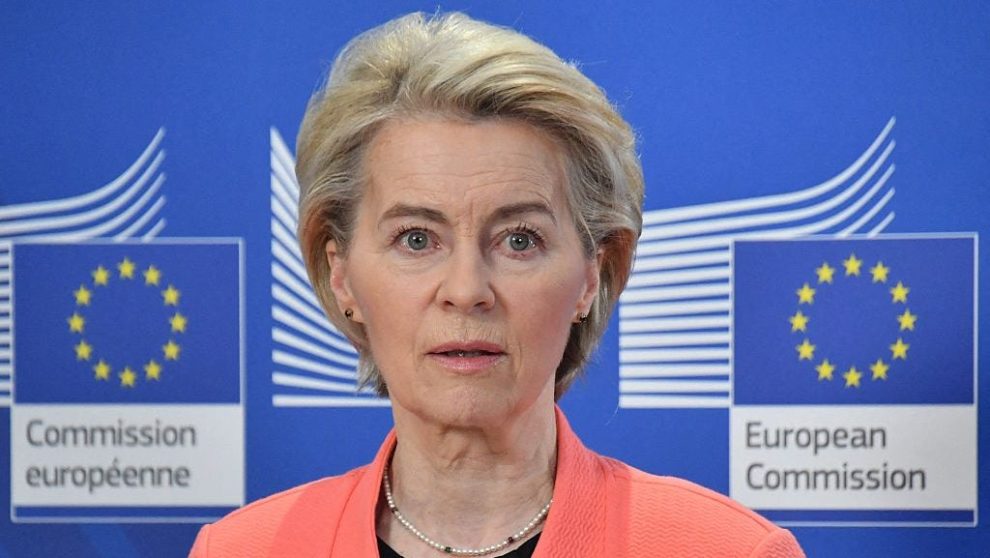European Commission (EC) President Ursula von der Leyen is set to hold talks with senior pharmaceutical executives today (8 April), as the EU prepares its response to the growing threat of US trade tariffs targeting the drug industry.
Senior representatives from major pharmaceutical manufacturers are expected to attend the meeting, alongside trade groups including the European Federation of Pharmaceutical Industries and Associations (EFPIA), EuropaBio, and Medicines for Europe. According to a Reuters report, a focus of the talks will be how to address regulatory hurdles that have contributed to a decline in clinical trial activity within Europe.
The meeting comes amid mounting uncertainty over the status of pharmaceutical trade between the US and EU. While the White House confirmed last week that finished pharmaceutical products are currently exempt from the recently imposed 10% blanket tariff, US President Donald Trump stated on 3 April that new tariffs specifically targeting the pharma sector are being considered.
“We are looking at pharma right now, pharmaceuticals as a separate category. We’ll be announcing that sometime in the near future – not too distant future. That’s under review right now,” Trump told reporters aboard Air Force One.
The White House has repeatedly signalled an interest in reshoring pharmaceutical production, a position Trump has supported. Companies such as Johnson & Johnson (J&J) have already announced onshoring plans to bring more manufacturing to the US. The possibility of tariffs on pharmaceutical imports has been floated multiple times, with figures as high as 25% previously proposed.
While finished medicines have so far avoided new duties, analysts warn that the broader 10% import tariff could impact pharmaceutical operations straight away. The sector depends heavily on complex international supply chains involving active pharmaceutical ingredients (APIs) and manufacturing equipment. Many of these components are now subject to increased costs, which could disrupt production timelines and pricing structures.
Medical devices, meanwhile, have not been spared. A 20% import tariff on EU medical devices has already taken effect, raising concerns about potential damage to the EU’s medtech ecosystem. Germany and Ireland – both key exporters of medical instruments to the US – are among the most affected. Last year, EU imports of EU-origin medical instruments were valued at $37bn, according to GlobalData analyst Eoin Ryan. Devices such as respirators, orthopaedic implants, surgical tools, and more – collectively worth $22bn – now face significantly higher import costs.





Add Comment